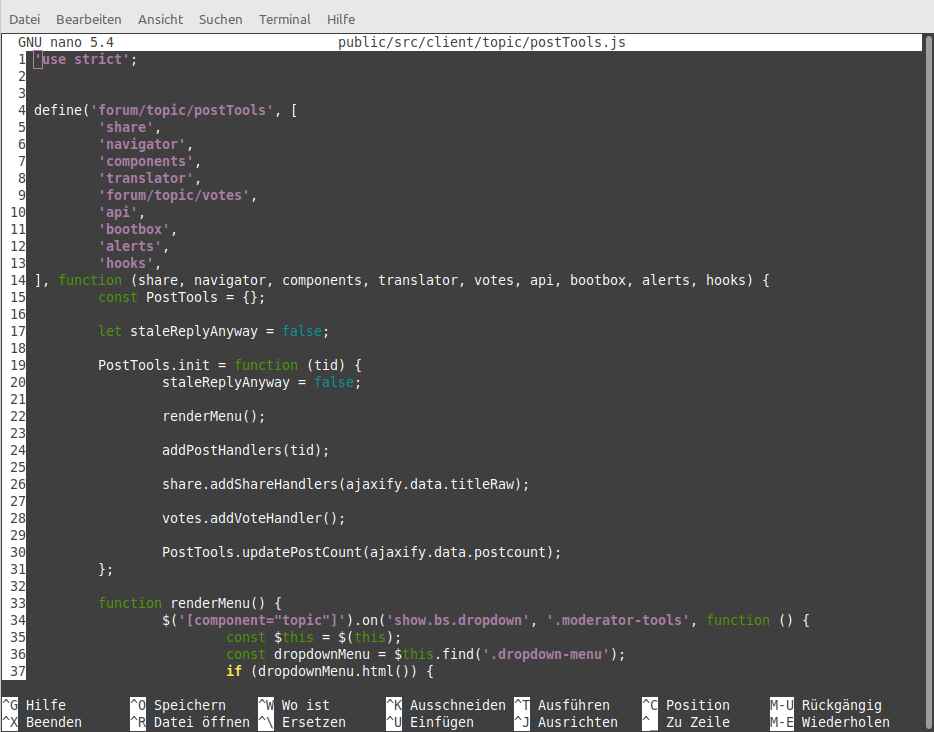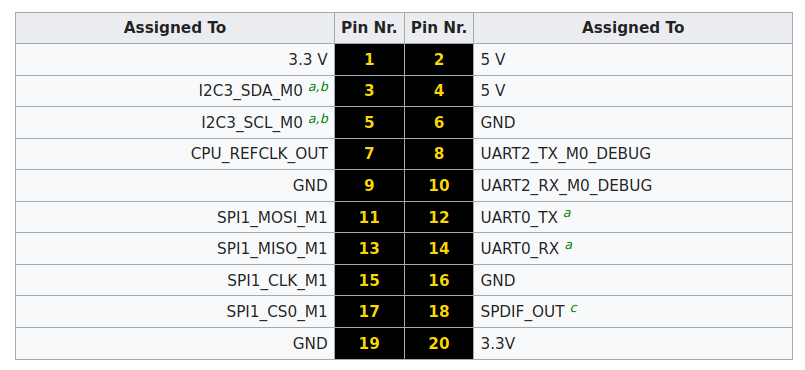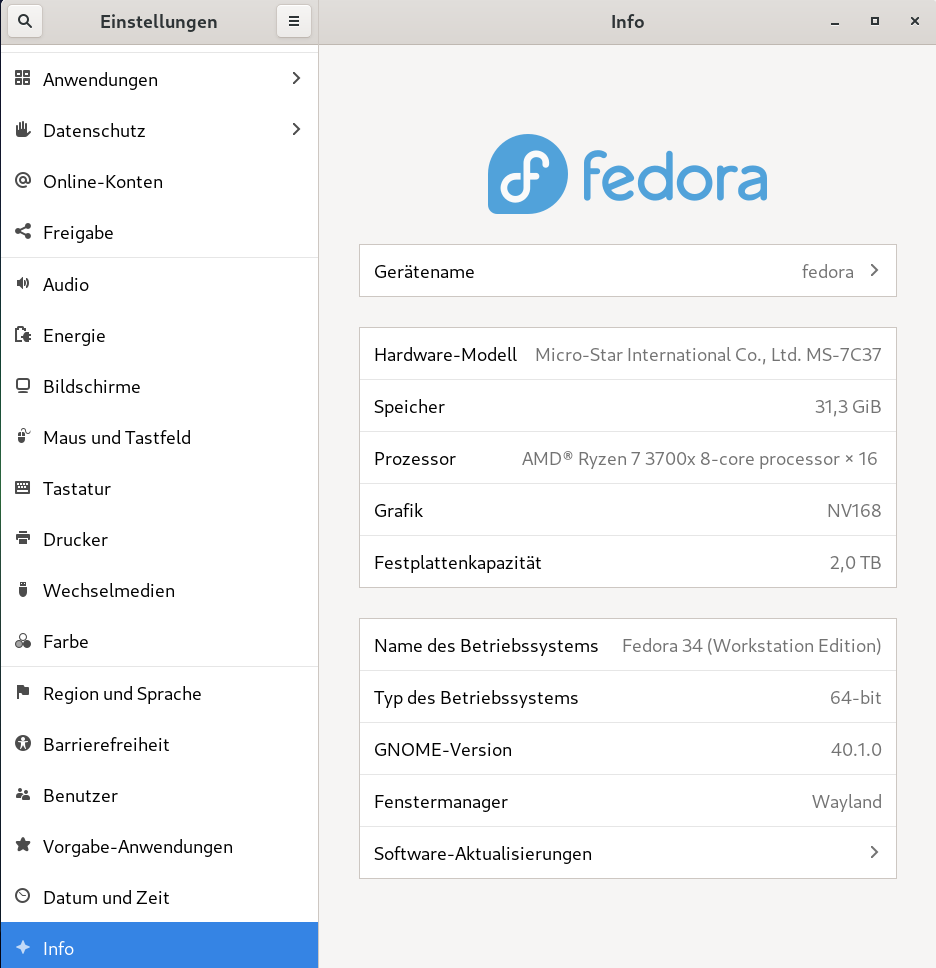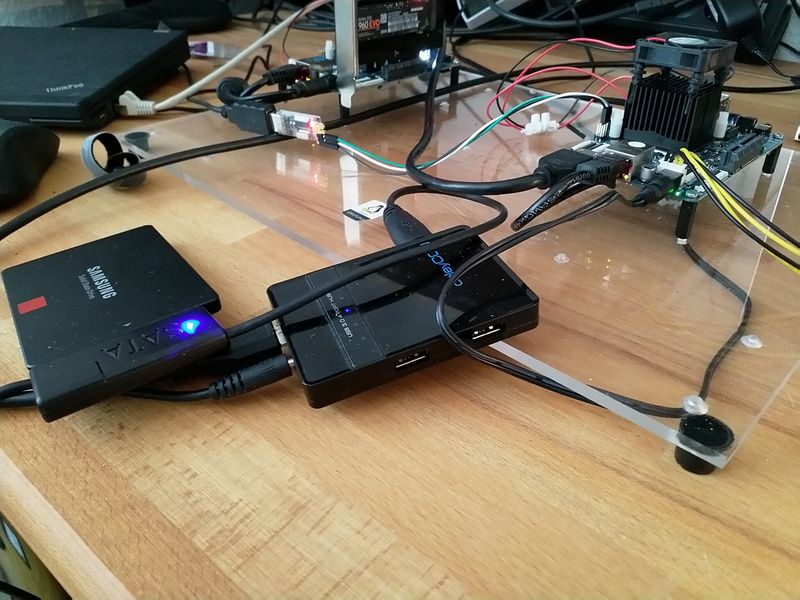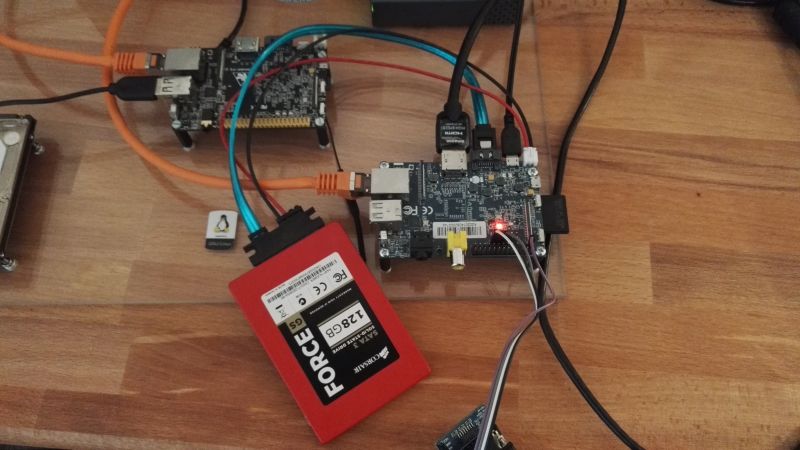Debian 13 - Trixie
Linux
1
Beiträge
1
Kommentatoren
212
Aufrufe
-
schrieb am 10. Juni 2023, 14:08 zuletzt editiert von
Heute kommt Debian 12 Bookworm raus, da ist es wichtig zu wissen, wie das nächste Debian heißt.

Debian nimmt Veröffentlichungs-Codenamen von Pixar Toy Story-Filmfiguren, Trixie wird der Entwicklungs-Codename für Debian 13 sein.
